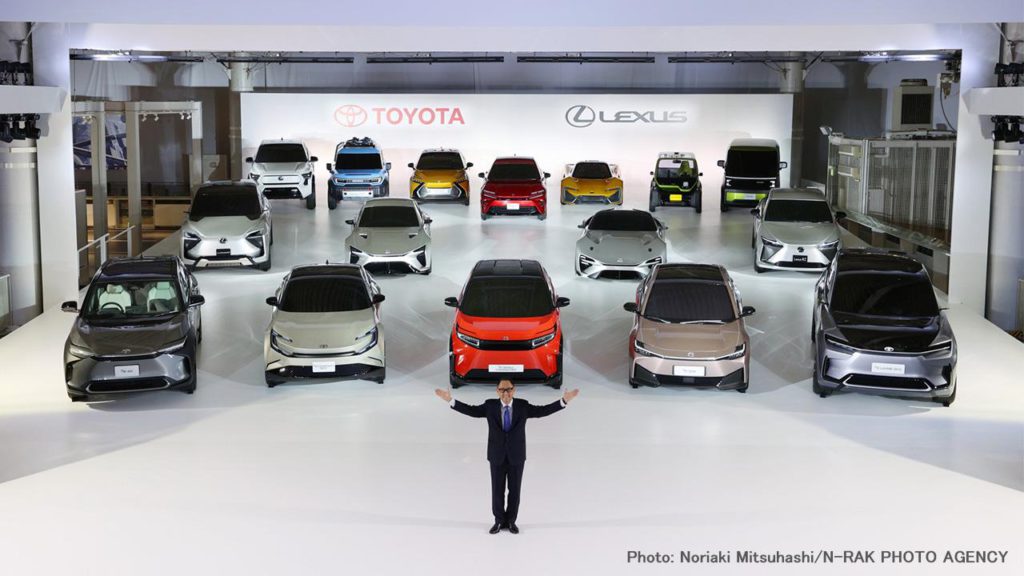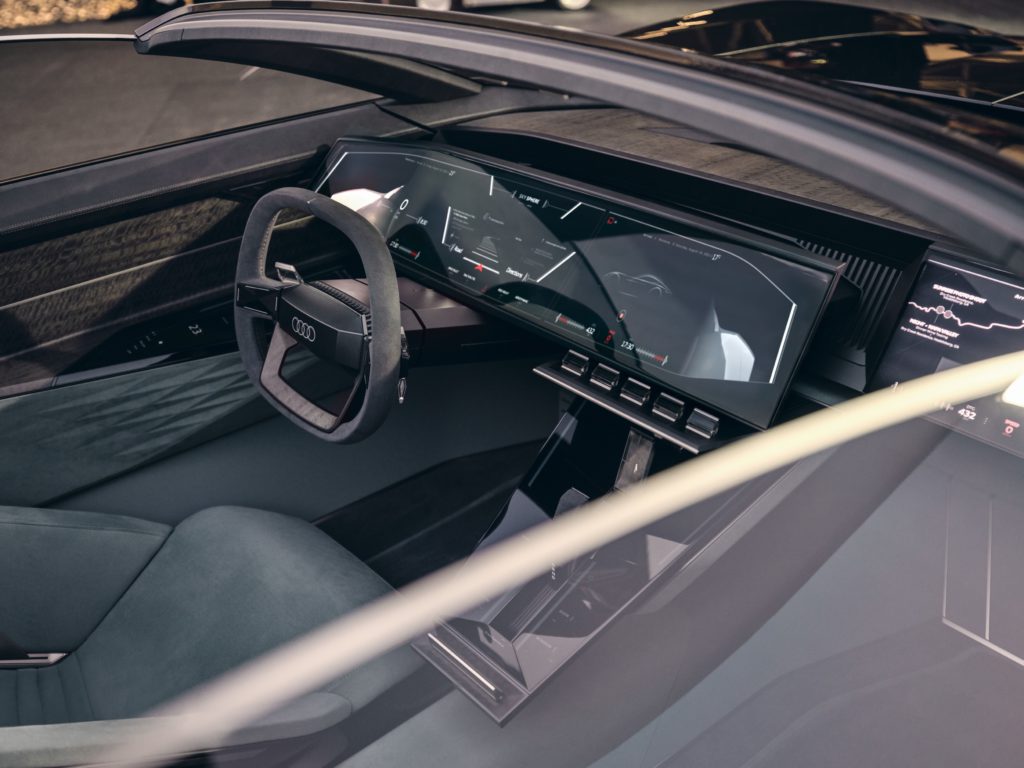Nissan to develop urban carbon-neutrality project in Japanese smart city
04 January 2022

Nissan and the Super City AiCT Consortium have entered a collaboration aimed to develop carbon neutrality in the Smart City Project taking place in Aizuwakamatsu, Fukushima Prefecture, Japan.
The two parties will j explore large-scale energy management centred around the use of electrically-chargeable vehicles (EVs), methods for using renewable energies, and new ways of owning EVs. The companies will carry out field tests as Aizuwakamatsu aims to demonstrate the possibilities of advanced urban technology in a sustainable environment.
In April, solar panels will be installed at the Smart City AiCT office building that houses AiCT Consortium member companies. Smart City AiCT will also serve as a renewable-energy storage facility and a system consisting of five Nissan Ariya EVs will be studied.
The effectiveness of energy businesses utilising EVs will be verified by supplying the Smart City AiCT building with electricity from the Ariya models, which will be charged using solar power. The aim is to improve the use of renewable energy and reduce the building’s power costs. Compatibility with mobility businesses that utilise these EVs will also be examined.
The project will use AI to predict EV usage and battery status in Aizuwakamatsu, and together with renewable-energy, power-generation forecasts, it aims to verify regional energy-utilisation optimisations.
Smart testing
Testing sustainability projects in real-life scenarios has become a popular process in recent years. Volkswagen (VW) Group is helping to electrify an island on the Greek coast, while Toyota is building its Woven City concept at the base of Mount Fuji in Japan.
These projects aim to prove the potential of sustainable mobility, from simple car-sharing provisions to zero-emission motoring and autonomous vehicles. Developers will no doubt hope that such concepts can be extended to existing urban infrastructures, or that smaller provinces can benefit from advanced technologies.
However, the development of smart cities can also be born from disaster. The AiCT Consortium was established in 2021 to create a citizen-centric super city through opt-in data utilisation and personalisation. The foundation of this consortium is the Great East Japan Earthquake reconstruction project, which started in 2011 as a collaboration between Accenture, Aizuwakamatsu City, and the University of Aizu.
‘The key to realising a sustainable society while strengthening Japan’s international competitiveness is the independence and growth of local regions, and the use of digital technologies is indispensable for this,’ Nissan said. ‘Aizuwakamatsu’s smart-city model is now recognised as Japan’s ideal smart-city model, attracting approximately 70 member companies, including Nissan and Accenture, which are collaborating in ways that transcend organisational boundaries.’
Future goals
EV utilisation involving renewable energies will play a big part in the establishment of Aizuwakamatsu’s smart city. In the long term, each consumer, including offices, stores, factories, and houses, will use peer-to-peer transactions to trade electricity surpluses and shortfalls. The project will also include field tests to promote local production of energy for consumption.
The AiCT Consortium states that based on the results of AI predictions, a mechanism will be created to promote changes in resident behaviour. By maintaining a balance between mobility and energy, this mechanism will lead to the creation of more profitable and sustainable businesses.
Nissan and AiCT Consortium see these initiatives as a model for other cities. In the future, they will strengthen their cooperation with a view toward expanding nationwide and contributing to the achievement of carbon neutrality in Japan.



